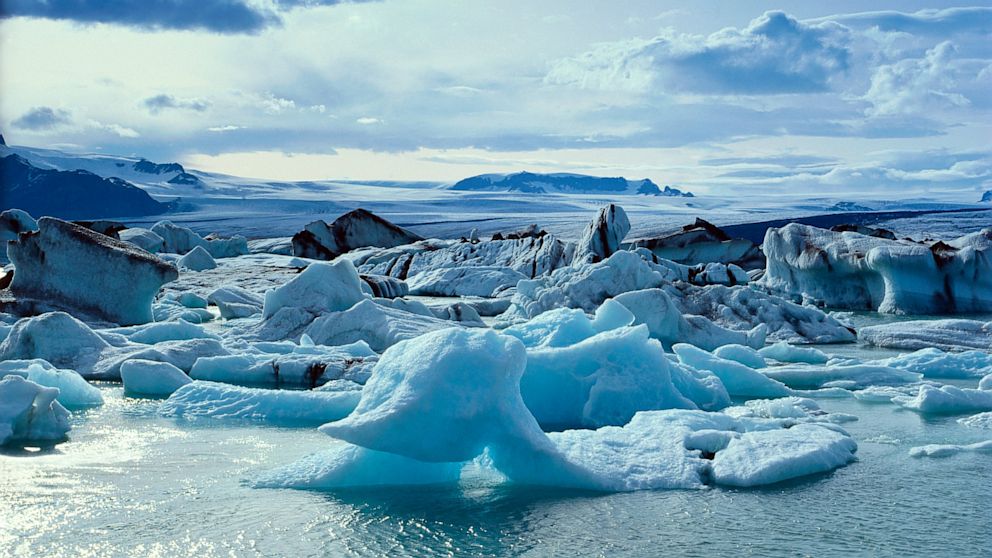Warming Plateau? Climatologists Face Inconvenient Truth
Data shows global temps aren't rising the way scientists have predicted.

Sept. 28, 2013— -- Data shows global temperatures aren't rising the way climate scientists have predicted. Now the Intergovernmental Panel on Climate Change faces a problem: publicize these findings and encourage skeptics -- or hush up the figures.
For a quarter of a century now, environmental activists have been issuing predictions in the vein of the Catholic Church, warning people of the coming greenhouse effect armageddon. Environmentalists bleakly predict global warming will usher in plagues of biblical dimensions -- perpetual droughts, deluge-like floods and hurricanes of unprecedented force.
The number of people who believe in such a coming apocalypse, however, has considerably decreased. A survey conducted on behalf of SPIEGEL found a dramatic shift in public opinion -- Germans are losing their fear of climate change. While in 2006 a sizeable majority of 62 percent expressed a fear of global warning, that number has now become a minority of just 39 percent.
One cause of this shift, presumably, is the fact that global warming seems to be taking a break. The average global temperature hasn't risen in 15 years, a deviation from climatologists' computer-simulated predictions.
This is a difficult state of affairs for the Intergovernmental Panel on Climate Change (IPCC), which will release its next assessment report on global warming on Friday, Sept. 27.
None of the authors involved in the report are allowed to comment publicly on the report's contents before its official release. Only after days of closed-door negotiations -- which begin in Stockholm this Monday, Sept. 23 -- will the international forecasting body release its findings.
This much, though, is certain -- the new predictions will be essentially the same as the old ones, albeit a little more precise. The only adjustment the IPCC is expected to make is an increase in the predicted rise of sea levels. The new report is expected to forecast that coastal waters may rise by between 29 and 82 centimeters (11 and 32 inches) by the end of the century.
The crucial question, however, is: How will the IPCC address the pause in global warming? And how reliable are the computer models on which the predictions are based, if they failed to foresee the current temperature plateau?
Germany : 'More Alarmist' Voice
In the lead-up to this week's conference, tensions have been high between the IPCC's climate researchers and the IPCC's government representatives, with Germany's governmental delegates playing a particularly questionable role.
The conference's participants will negotiate the creation of a 30-page summary for policymakers from the 1,000-page full report. Governments send representatives from their relevant ministries in order to have a hand in what message that summary will contain. In Germany's case, this means delegates from the Federal Ministries for the Environment and Research.
"If you are offering the choice between 'alarmist' and 'sceptic' then the German delegation is certainly more in the direction of 'alarmist'. But this is too simple a distinction," says British climatologist Mike Hulme from King's College London, who has many years of experience with IPCC bureaucracy.




